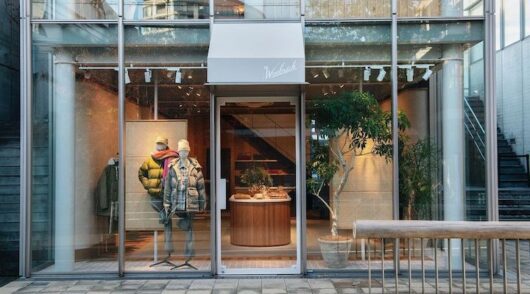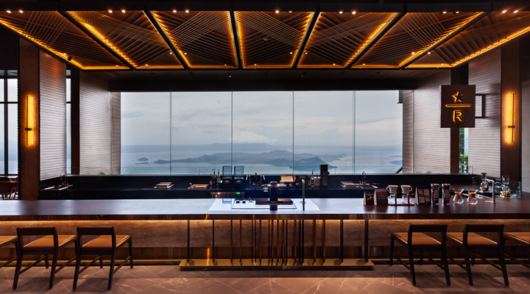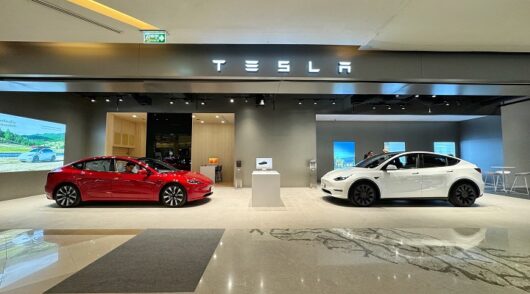Dairy Farm sales surged by 13 per cent in the first half of the year to US$13.8 billion.
The Hong Kong-headquartered company said the improved top line was largely due to its investment in Robinsons Retail and a strong performance by Chinese supermarket business Yonghui, but it is clear that early signs of the company’s five-year transformational program are bearing fruit, while at the same time adding to costs.
Underlying profit was up 5 per cent to $177 million.
In a stock-exchange filing, chairman Ben Keswick said the first half of the year saw a strong performance from the health-and-beauty division, and solid sales performances from convenience, home furnishings and restaurants.
Sales by the group’s subsidiaries in the first half were 3-per-cent lower than the same period last year (1-per-cent lower at constant exchange rates), predominantly as a result of the separation of the Rustan Supercenters business in the Philippines during the final quarter of last year and the closure of some grocery stores in Southeast Asia.
Keswick said the supermarket and hypermarket division’s operating profit remained in line with the previous year.
“Underlying sales performance has begun to show signs of growth, reflecting improvements in quality, availability, price competitiveness and general operating standards, notably in Southeast Asia. In North Asia, sales in Hong Kong continued to grow, particularly in upscale stores, though Taiwan is increasingly under threat from the aggressive space expansion of local competitors.”
In Indonesia, work is underway to transform a Giant Hypermarket into an Ikea store.
Sales in all other divisions within the group delivered positive growth in the first half.
Convenience store operations (including 7-Eleven in Hong Kong and Singapore) achieved higher sales in all markets, with the strongest growth coming from stores in Mainland China. Overall profits were slightly lower than last year as investment in store space growth over the period exceeded the higher profits achieved in both Hong Kong and Macau.
In the health-and-beauty division, strong sales were reported in North Asia, against significant sales growth in the same period last year, reinforcing the strength and resilience of the Mannings brand.
“Guardian in Southeast Asia also reported an encouraging improvement in sales and profit performance during the period, with the delivery of much better overall operating standards, as well as improvements in service and product availability. A growing customer base in both Indonesia and Malaysia reflects the focus on delivering an improving product offer as well as better value,” said Keswick.
Ikea sales grew in all markets, both at a total sales level and on a like-for-like basis. However, profitability was lower due to a combination of an increased cost of goods and pre-opening expenses for new stores under development in Taiwan and Indonesia.
Maxim’s delivered good performances across all of its key businesses, especially restaurants, where customers have shown strong engagement with new franchises, including Shake Shack in Hong Kong.
Yonghui reported strong underlying sales and profit growth, mainly driven by the continuing expansion of its store network and healthy sales growth. Yonghui’s profit also benefited from the partial divestment of its associate, Yunchuang at the end of last year.
“Every area of Dairy Farm’s subsidiary businesses is undergoing some form of business transition and this scale of change will take time to execute successfully in a sustainable way,” concluded Keswick.
“Within Southeast Asia food, optimisation of the store portfolio is continuing which will have a positive effect on results in the second half.
“While the group will begin to see some early benefits from its transformation program during the remainder of the year, sales growth may be tempered by general market uncertainties. The group remains firmly focused on the successful delivery of its transformation plan for the benefit of our customers, team members and shareholders,” he said.






